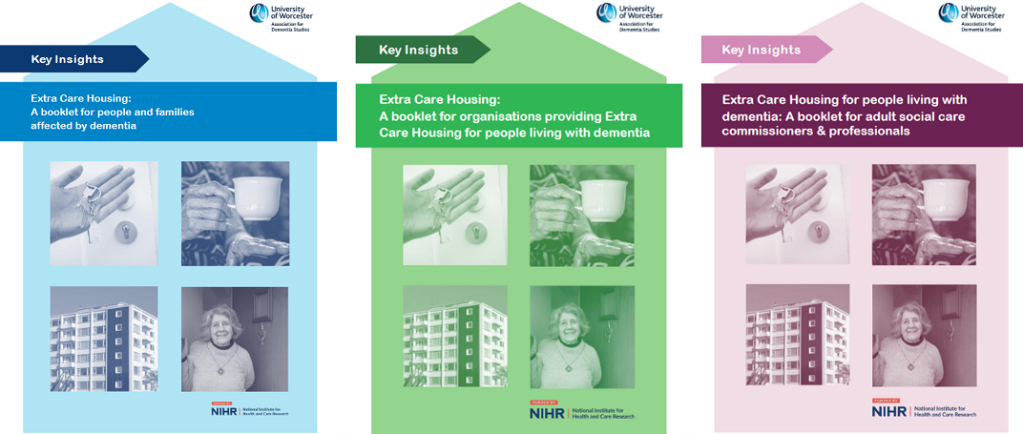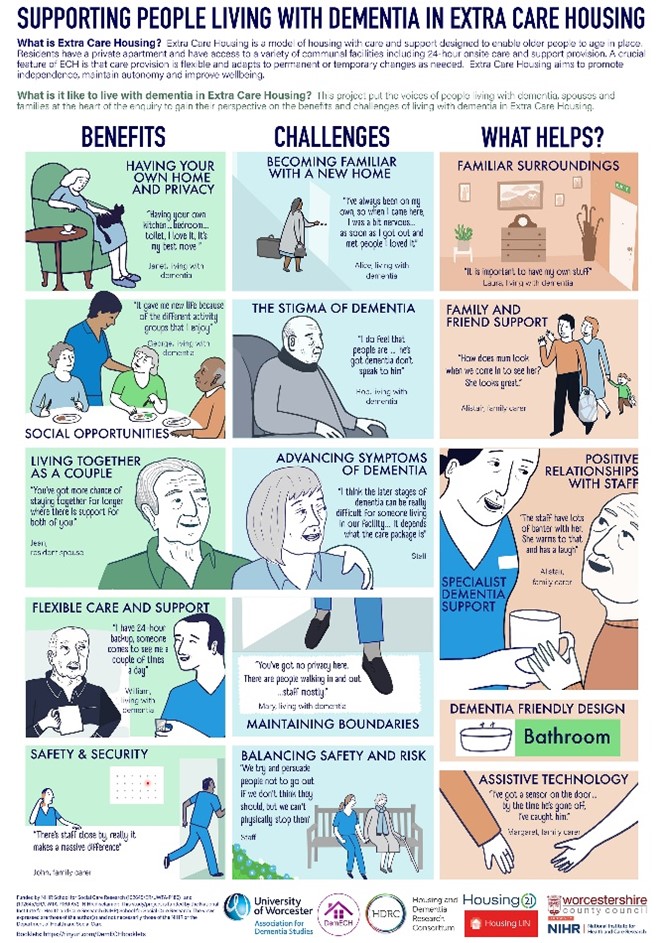Research can be odd sometimes because you do all the work, create resources to share the findings, share them widely, and hope that they make a difference. We’re trying to change that with some of our recent projects, by finding out what people have actually done with those resources in practice. Have they actually been used? Are they helping people? Are they sat on a shelf somewhere gathering dust?
We’re not expecting to hear that something is the best thing since sliced bread, but even knowing that you shared a booklet with someone and it helped them understand something would be really useful for us. We can see that booklets are being downloaded and videos are being watched, but not what people are doing afterwards.
Basically, once our resources have been released into the wild, what happened next?
There are three sets of resources that we’re currently trying to get some feedback on, all aimed at different settings, so please take a look at the following and see if you’ve used any of them. If you have, a quick bit of feedback via the relevant link would be appreciated!!

Get Real with Meeting Centres
The Get Real project investigated the challenges that face community-based group support for people living with dementia – such as Meeting Centres – in keeping going long term. There are three booklets for different audiences and a series of short video clips available to share the findings. If you’ve used any of them, please let us know by completing this short survey.
For more information on the Get Real with Meeting Centres project or to access any of the resources, please visit the dedicated blog site.
DemECH
The DemECH project looked at various aspects of supporting people living with dementia in Extra Care Housing. As well as the original three booklets, additional videos and an infographic were developed to create a suite of resources for different audiences. Have you used them? If yes, please click the following link to complete the DemECH resources impact evaluation survey.
As a reminder, all of the DemECH resources can be found here.
CHARM
The Care Home Action Researcher-in-Residence Model (CHARM) project aimed to support collaborative research between care homes and researchers, supporting staff, visitors and residents in care homes to design and implement their own unique and meaningful research. The CHARM Framework manual was developed to help guide care homes through the research process. If you’ve used the manual and would be willing to provide some feedback on it, please complete this short survey.
You can download a copy of the CHARM Framework manual from here.
We know that these different resources won’t apply to everyone, but if you’ve used any of them we’d really appreciate you taking a few minutes to let us know if they’re making a difference or not. Thank you!
Connect with ADS on twitter @DementiaStudies and on Facebook @adsuow
We’re also on Instagram, Threads and LinkedIn so have a look and find us there too.








